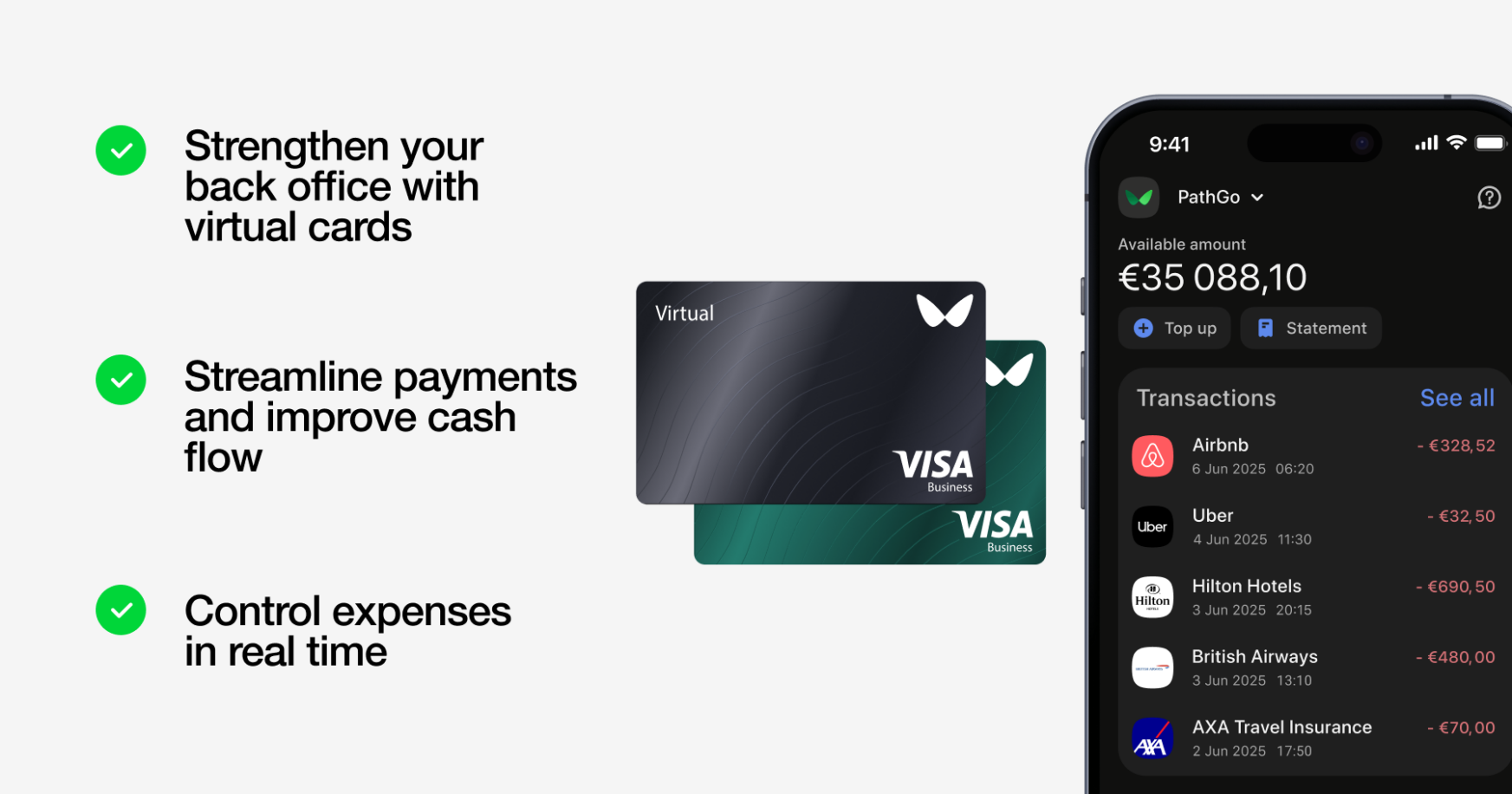Running a travel agency in 2025 is a high-stakes balancing act. You need to deliver hyper-personalised customer experiences, manage an expanding network of suppliers, and keep your operations lean, all while competing with digital-first Online Travel Agencies (OTAs) and rising customer expectations. The good news? The tools to do it are better than ever. But only if you use them strategically.
Travel Is Booming, But Margins Are Tightening
The numbers paint a clear picture. In the UK, the travel agency market has grown 8.5% annually since 2019, yet revenue is expected to dip to £29.4 billion in 2024–25. In Europe, the pattern is similar: while the market reached €164.3 billion in 2024, traditional agencies saw revenues decline to €86 billion. Meanwhile, the online travel sector surged to €132 billion, with a projected Compound Annual Growth Rate (CAGR) of 9.9% through 2033.
What does this mean for you? Growth is happening, but it’s flowing toward agencies that are digital-first, data-driven, and automated from the ground up. The tech stack you choose will define whether you’re scaling or stagnating.
We’ve put together the handy guide below to help you ensure that you stay ahead of the competition.
Build Around Platforms, Not Just Bookings
Today’s travellers expect more than flights and hotels. They want seamless, one-click experiences: curated stays, car hire, excursions, and dining in a single itinerary. A Hilton survey found 8 in 10 travellers want to book their entire trip in one go.
To meet that demand, agencies need access to robust, always-updated inventories. Global Distribution System (GDS) platforms like Amadeus, Sabre, and Travelport still dominate air travel, while Hotelbeds and Expedia Affiliate Network offer massive accommodation reach. The trick isn’t access, it’s integration. The more unified your platform, the smoother your customer journey.
Turn Customer Data Into Loyalty With Smart CRMs
A modern CRM is your agency’s brain. It’s not about tracking names and numbers, it’s about anticipating needs. As millennials and Gen Z travellers prioritise culinary adventures and off-grid experiences, knowing a destination isn’t enough. You need to know your client.
Tools like Salesforce, Zoho, and HubSpot (customised for tourism) make this possible. With strong API integration, these systems let you personalise offers at scale, trigger relevant comms, and manage upselling opportunities, all without growing your team.
Fix the Funnel: Website Architecture That Converts
Your website isn’t just competing with other agencies, it’s going up against Amazon, Booking.com, and Airbnb in terms of UX expectations. A slow or clunky interface is a dealbreaker. With average B2B bounce rates in the UK near 64%, every second matters.
Use CMSs like WordPress for plugin flexibility or Webflow for design-led agility. Custom React builds offer speed and conversion as default. But remember: it’s not the tech that counts, it’s how well it’s integrated. Booking engines should feel native, not bolted on.
Reinvent the Back Office With Virtual Cards
Your payment system is either scaling your agency or slowing it down. The challenge? Hundreds (or thousands) of B2B payments to suppliers, each with different currencies, terms, and security risks.
Virtual cards streamline this chaos. Wallester Business, for example, offers 300 free cards and supports up to 1,500 simultaneous transactions. You can assign cards to specific suppliers, set expiry dates, limit usage by project or campaign, and automate reconciliation. It’s payment control without friction.
This isn’t just about security, it’s about scale. Virtual cards improve cash flow visibility, reduce fraud risk, and eliminate bottlenecks in supplier payments. When used correctly, they become a lever for strategic growth.
Spend Management That Aligns With Strategy
While your sales team builds itineraries, they’re also racking up internal expenses, and without oversight, small costs can snowball. According to Visa, SMEs lose an average of £4,000 annually to fraud and scams.
Wallester’s spend management platform tackles this head-on. Issue virtual cards to individual team members with defined limits, expiration dates, and usage rules. Set permissions by project, region, or department, and track everything in real time.
You gain instant visibility into your agency’s cost centres, prevent off-policy spending, and enable faster, safer purchasing decisions. It’s autonomy without risk, and it unlocks the agility modern agencies need.

Integrate Accounting Tools for Real-Time Financial Control
Travel finance isn’t just complex, it’s volatile. Margins fluctuate, currencies shift, and suppliers operate on different timelines. Manual reconciliation can’t keep up.
Enter API-driven accounting systems. Platforms like Xero (with auto-categorisation), QuickBooks (with exchange rate forecasting), and NetSuite (with travel-specific modules) allow you to sync payments, monitor cash flow, and generate real-time financial reports.
When linked with virtual card data, this integration becomes your real-time command centre. Forecast, adapt, and allocate spend dynamically.
Support That Never Sleeps: Automation Feels Human
Imagine a client texts your agency at 3 am with a missing hotel booking. A chatbot replies in seconds, already aware of their itinerary, loyalty status, and preferred language. No frustration. No repetition. Just solutions.
That’s not future tech, that’s now standard. Zendesk reports that response times over 40 seconds feel “slow” to customers. Tools like Intercom and Freshdesk integrate with your CRM and booking platforms, offering lightning-fast support that still feels personal. The goal? Reduce escalations, resolve faster, and keep travellers happy when it matters most.
Data-Driven Marketing: Stop Guessing, Start Scaling
Generic ads won’t cut it. Your marketing needs to be as personalised as your trips. Google Analytics 4 shows you where customers drop off. SEMrush reveals keywords with low competition and high conversion potential.
Pair this with Meta Ads Manager for ultra-specific targeting (“wine lovers, aged 30–45, interested in southern Spain”) and Klaviyo or Mailchimp for automated, behaviour-triggered emails. Every channel, every campaign, measured, optimised, and adjusted in real time.
The Stack That Powers Modern Travel Agencies
A travel agency in 2025 isn’t just a booking service, it’s a platform business. Bookings, payments, support, analytics, and marketing all rely on a flexible, intelligent tech foundation. The winners will be those who stop thinking like agents and start thinking like operators.
Wallester Business gives you the tools to operate at that level: real-time spend control, seamless supplier payments, built-in scalability, and automation that doesn’t just reduce effort, it multiplies impact.


